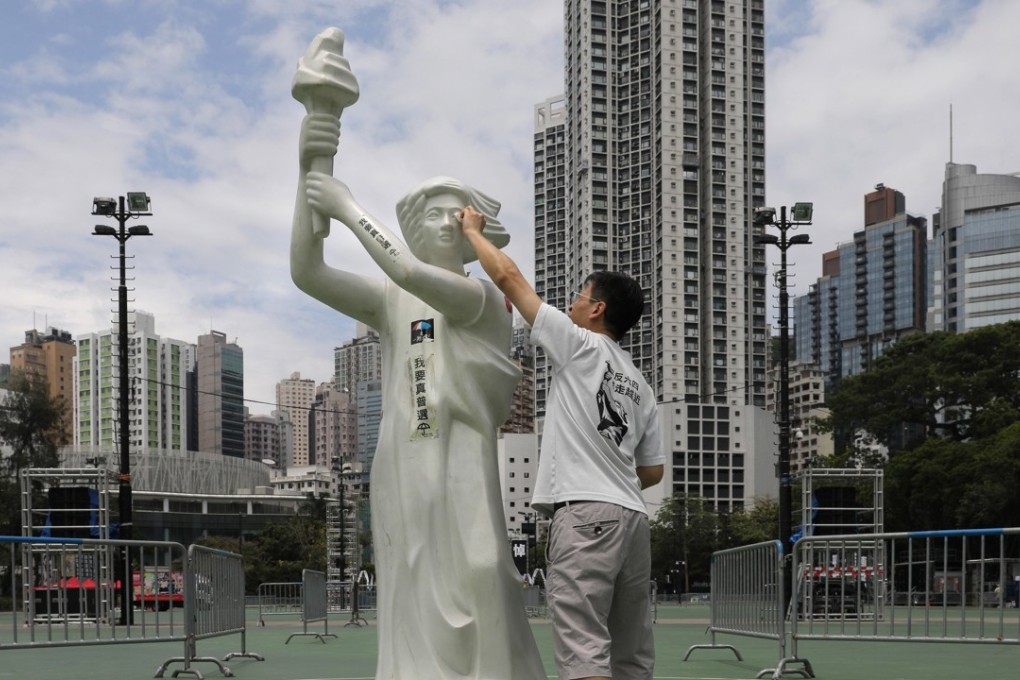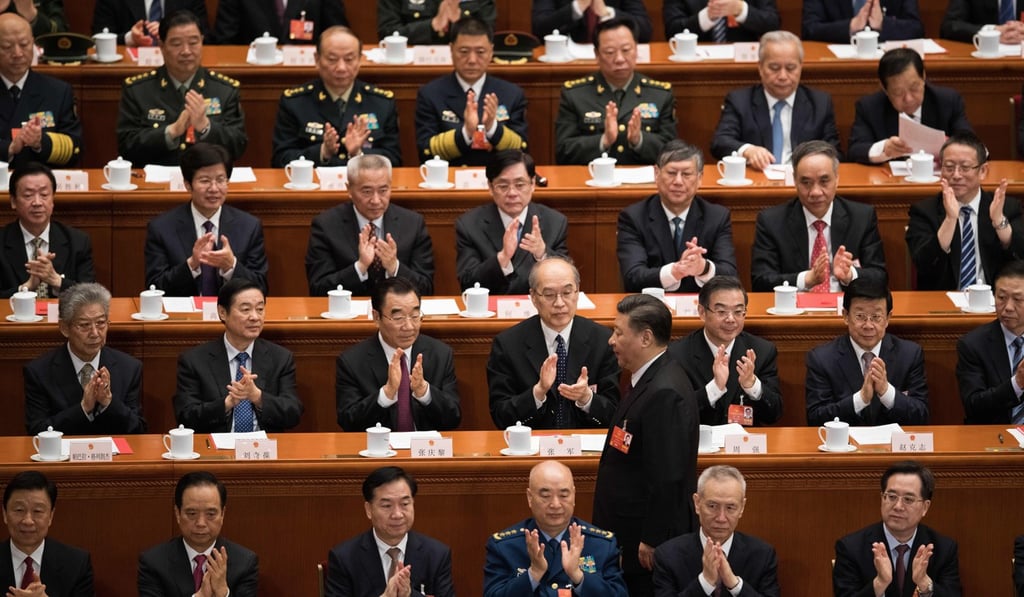Phantom democracy: a puzzle at the heart of Chinese politics
The notion of a globally menacing ‘authoritarian China’ is too simplistic. Dig deeper, and you will find signs of local democratic experiments, thanks to its skittish rulers afraid of losing control

As China rapidly moves to the centre of the international order, the question that’s becoming increasingly pertinent is: what kind of a political system is this new global power? In the booming business of China watching, the standard answer is that it is an “authoritarian” regime, with qualifiers such as “soft authoritarianism”, “hard authoritarianism” and “authoritarian capitalism” commonplace. But by all accounts, China is reckoned the antithesis of a “liberal democracy” defined by open competition among freely formed political parties.

From Xi downwards, state officials understand well the old Chinese proverb that when trees fall monkeys scatter (shu dao husun san), which is why they have no love for open scrutiny and restraint of their arbitrary powers. No, public monitoring of power, or monitory democracy (jian du shi min zhu), is not their thing. That is why the slightest whiff of a challenge to their power can bring down the hammer, as evidenced in mass detention camps in Xinjiang and attempts to silence dissent in Hong Kong.
But they also know that powerful people should fear too much power just as pigs fear growing fat. The anxiety about unrestrained power and the fear of power-sharing, power-chastening democracy explain why China is more a “phantom democracy” (shenjingshi min zhu) – where the fear of democracy forces a style of political management that in many ways mirrors and mimics electoral democracies, where the fear of elections puts leaders in constant campaign mode.